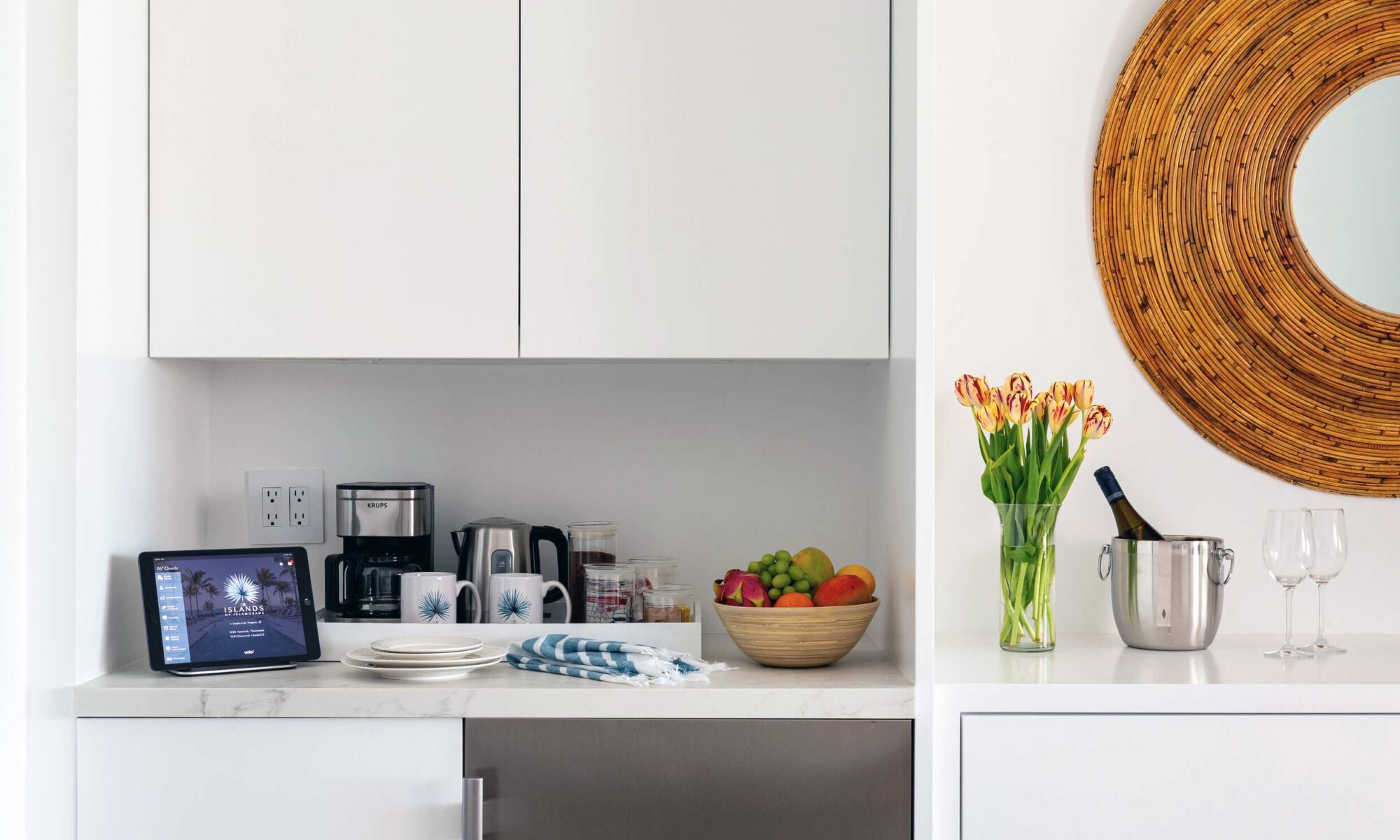In today’s world, the importance of sustainability cannot be overstated. As travelers become more conscious of their ecological footprint, hotels are increasingly seeking ways to minimize their environmental impact. One innovative solution that has emerged is the use of in-room tablets. These devices not only enhance the guest experience but also contribute to a more sustainable and eco-friendly hotel environment. In this blog post, we will explore how in-room tablets serve as a green solution for sustainable hotels.
Reducing Paper Waste
One of the primary ways in which in-room tablets promote sustainability is by reducing paper waste. Traditionally, hotels rely on printed materials, such as room directories, menus, and travel guides, to provide information to guests. However, this approach generates significant amounts of paper waste, contributing to deforestation and environmental degradation.
By replacing physical printed materials with digital content accessible via in-room tablets, hotels can eliminate the need for printing and frequent updates. Guests can conveniently access all the necessary information, including hotel amenities, local attractions, and dining options, on the tablet’s interactive interface. This transition not only reduces paper consumption but also lowers the hotel’s operational costs associated with printing and distribution.
Enhancing Operational Efficiency
In-room tablets offer a range of features that streamline hotel operations, resulting in reduced waste and improved resource management. For example, housekeeping staff can use tablets to receive real-time notifications about room status, minimizing unnecessary visits to unoccupied rooms. This efficiency improvement translates into lower energy consumption, reduced water usage, and minimized use of cleaning supplies.
Moreover, in-room tablets can facilitate guests’ requests for room service, housekeeping, or maintenance, eliminating the need for printed forms or phone calls. This digital communication reduces paper waste and streamlines the hotel’s internal processes, leading to better resource allocation and ultimately a more sustainable operation.
Encouraging Guest Engagement Through Education
In-room tablets not only contribute to sustainability efforts behind the scenes but also empower guests to participate actively. These devices can provide information and tips on sustainable practices, such as water conservation, energy-saving techniques, and responsible tourism. By educating guests about the hotel’s sustainability initiatives and suggesting ways they can contribute, in-room tablets foster a sense of environmental responsibility among travelers.
Furthermore, the tablets can offer guests the option to customize their stay, indicating their preferences regarding housekeeping frequency or towel reuse. These interactive features empower guests to make conscious choices that align with sustainability goals, promoting a culture of environmental awareness within the hotel. It is increasingly common for hotels to adopt sustainability practices as young travelers often expect or prefer eco-friendly accommodations.
iPads Are A More Sustainable Tablet
The Volo software solution is built to run on Apple iPads. Apple has been promoting environmental sustainability across its product lines for some time now, including the iPad. There are several reasons that make Apple iPad a more sustainable tablet when compared to other tablet options.
Recycled Materials: Apple has increasingly been using recycled materials in its products. For example, the enclosures of some iPad models are made from 100% recycled aluminum.
Renewable Energy Usage: Apple has reported that its global corporate operations are carbon neutral, including all of its data centers. The company has also set out a goal to have its entire manufacturing supply chain and product life cycle be carbon neutral by 2030.
Durability and Longevity: iPads have a reputation for being durable and having a longer useful life compared to some other tablets. This reduces waste as users tend not to replace their devices as frequently.
Software Updates: Apple provides software updates to older devices for many years. This practice extends the usable life of the device, again reducing the need for frequent replacements.
Recycling Program: Apple offers a recycling program where customers can return old devices, which the company then either refurbishes for resale or recycles to recover materials.
Reduction in Packaging: Over the years, Apple has made efforts to reduce the size and increase the sustainability of its product packaging.
Efficient Power Use: iPads are known for their battery efficiency, meaning they consume less power over time compared to devices with poor battery management.
Detailed Environmental Reports: Apple provides detailed environmental reports for each of its products, showcasing the carbon footprint, material efficiency, and energy efficiency of its products.
Elimination of Harmful Materials: Apple has been reducing or eliminating the use of harmful materials in its products, such as PVC and brominated flame retardants.
Supplier Responsibility: Apple has been known to work on improving working conditions and environmental responsibility in its supply chain.
It’s worth noting, however, that while Apple has made significant strides in sustainability, like all electronics, iPads still have an environmental impact, especially when considering the raw material extraction, manufacturing, distribution, and end-of-life stages.
Will Tablets Be Part Of The Next Generation of Green Hotels?
As hotels strive to align with the global push for sustainability, in-room tablets offer a compelling solution. By reducing paper waste, optimizing energy consumption, enhancing operational efficiency, and promoting guest engagement, these devices contribute to a more eco-friendly hotel environment. Embracing in-room tablets not only enhances the guest experience but also supports the broader mission of sustainable hospitality. As more hotels adopt this green solution, we can collectively create a more sustainable future for the travel industry.

